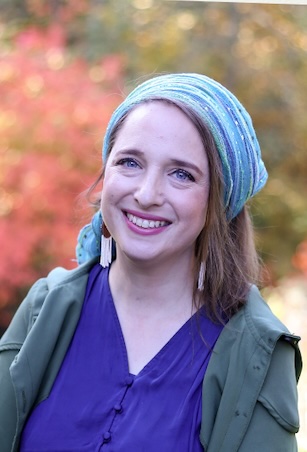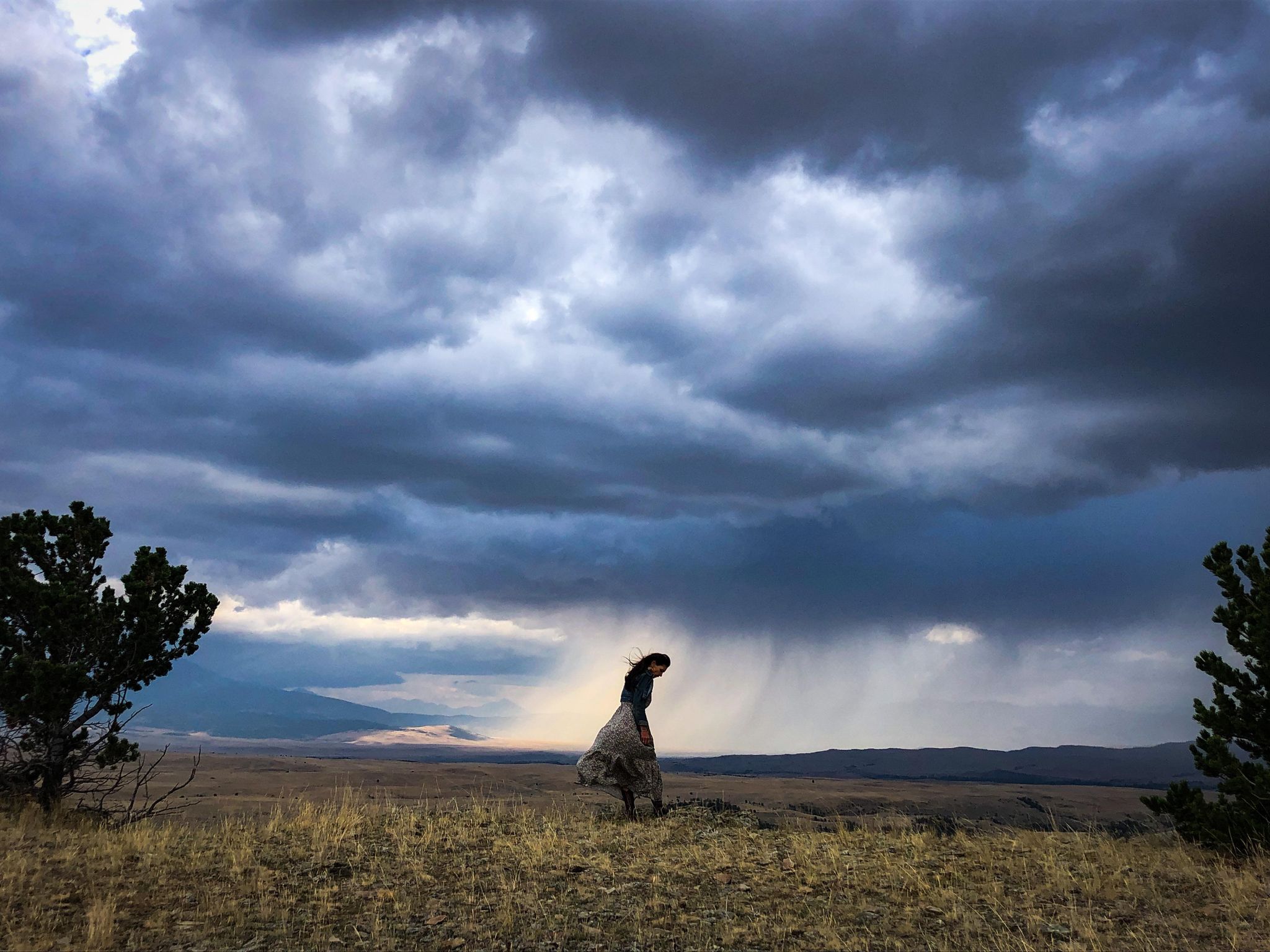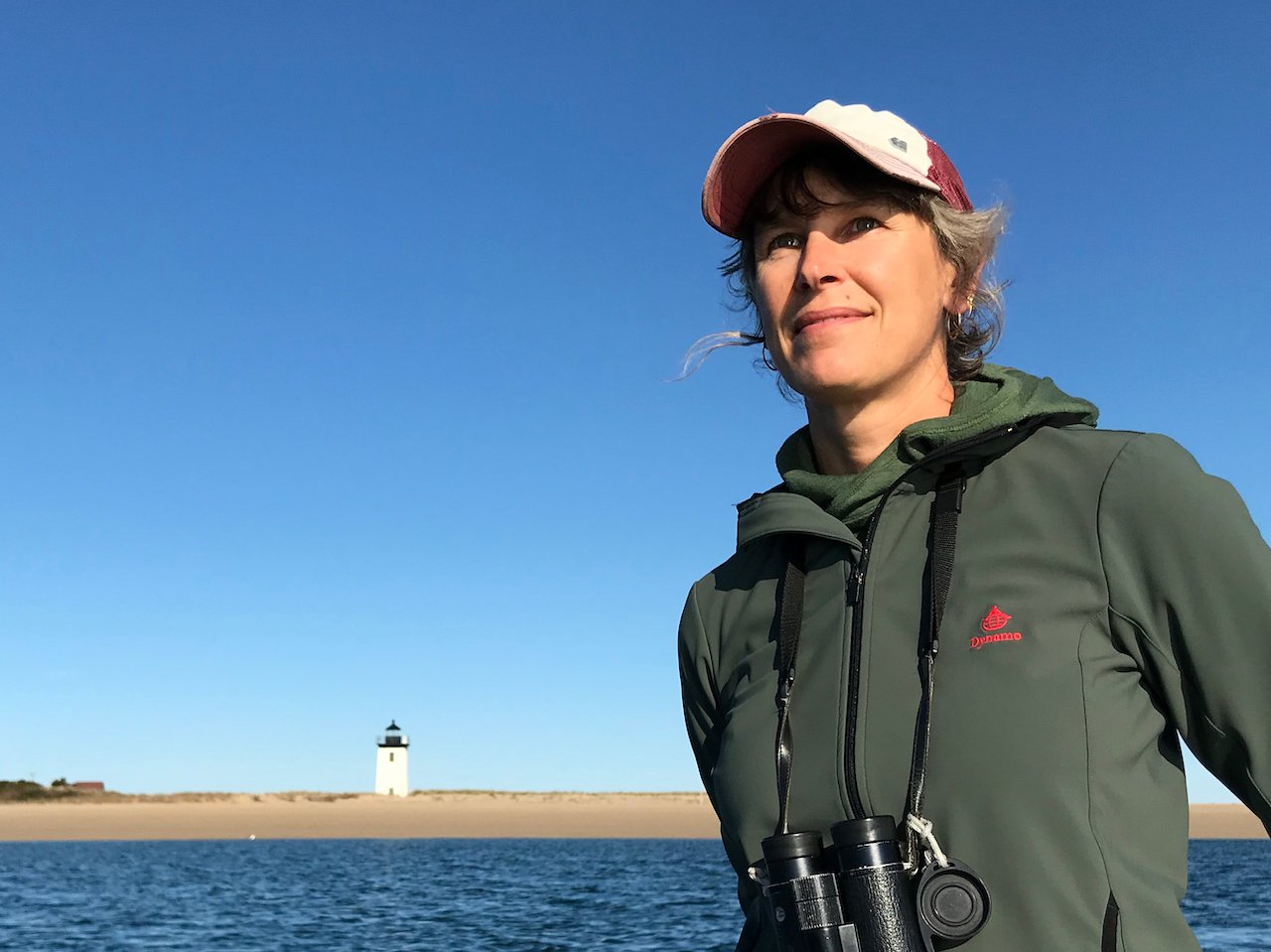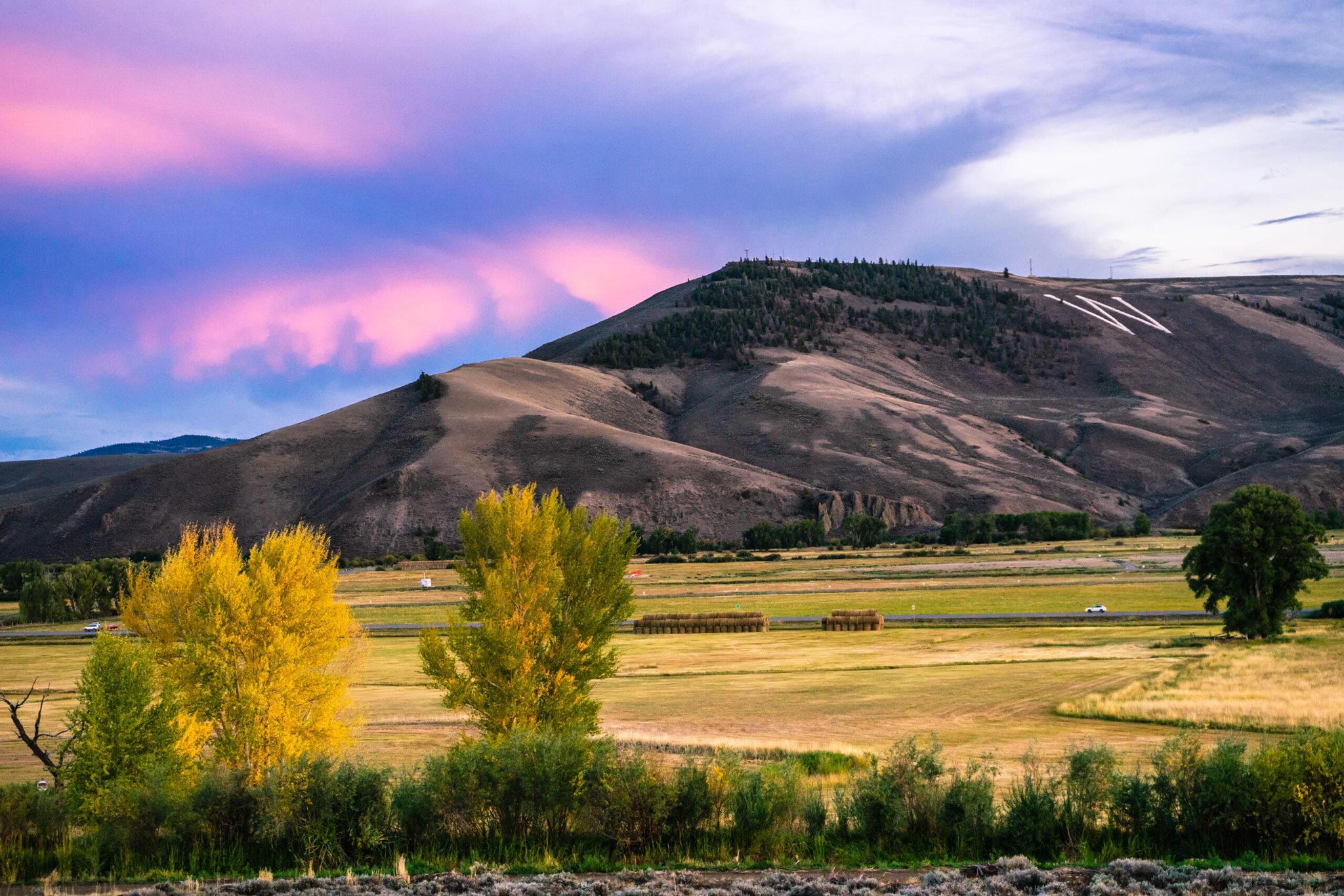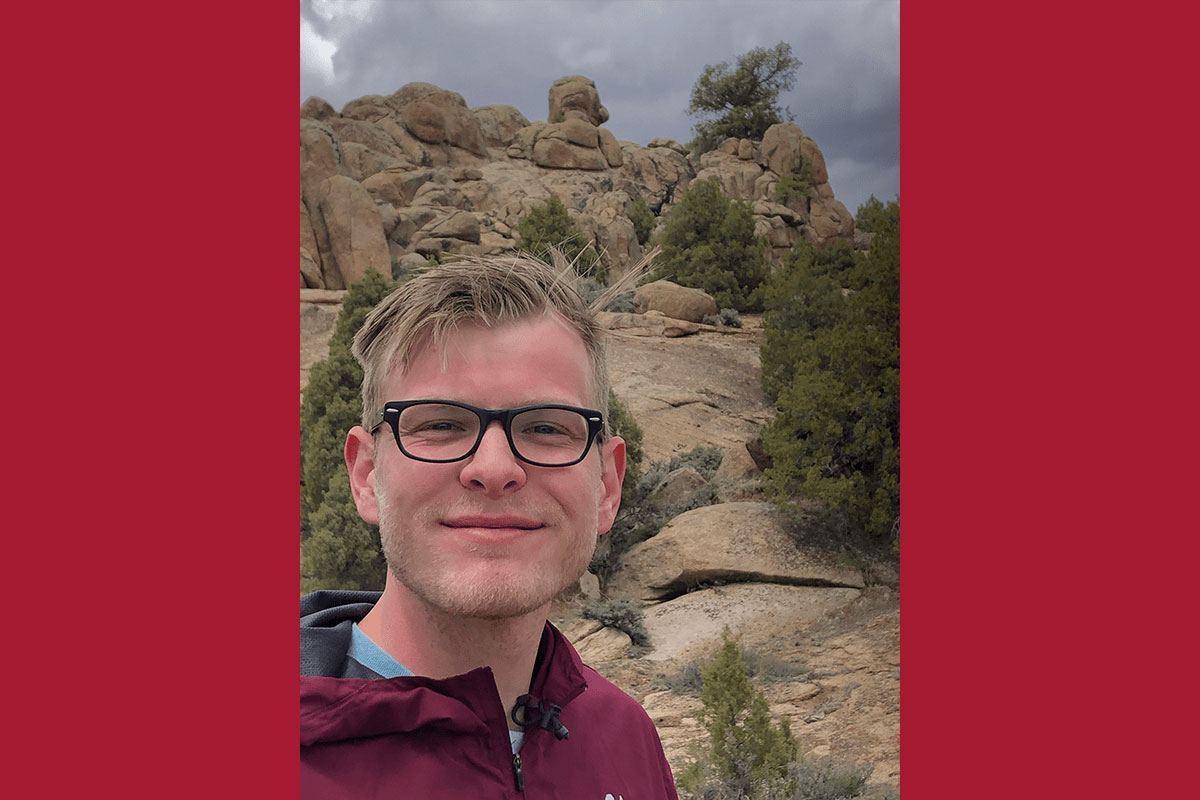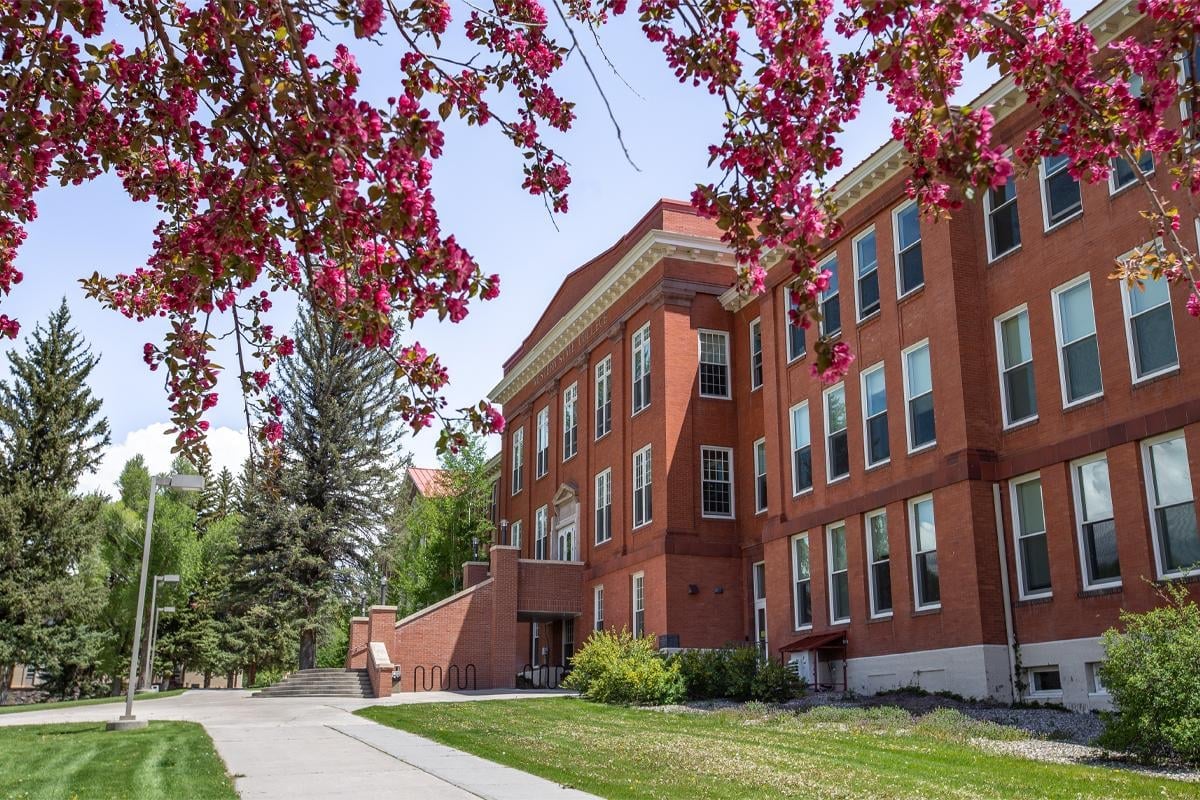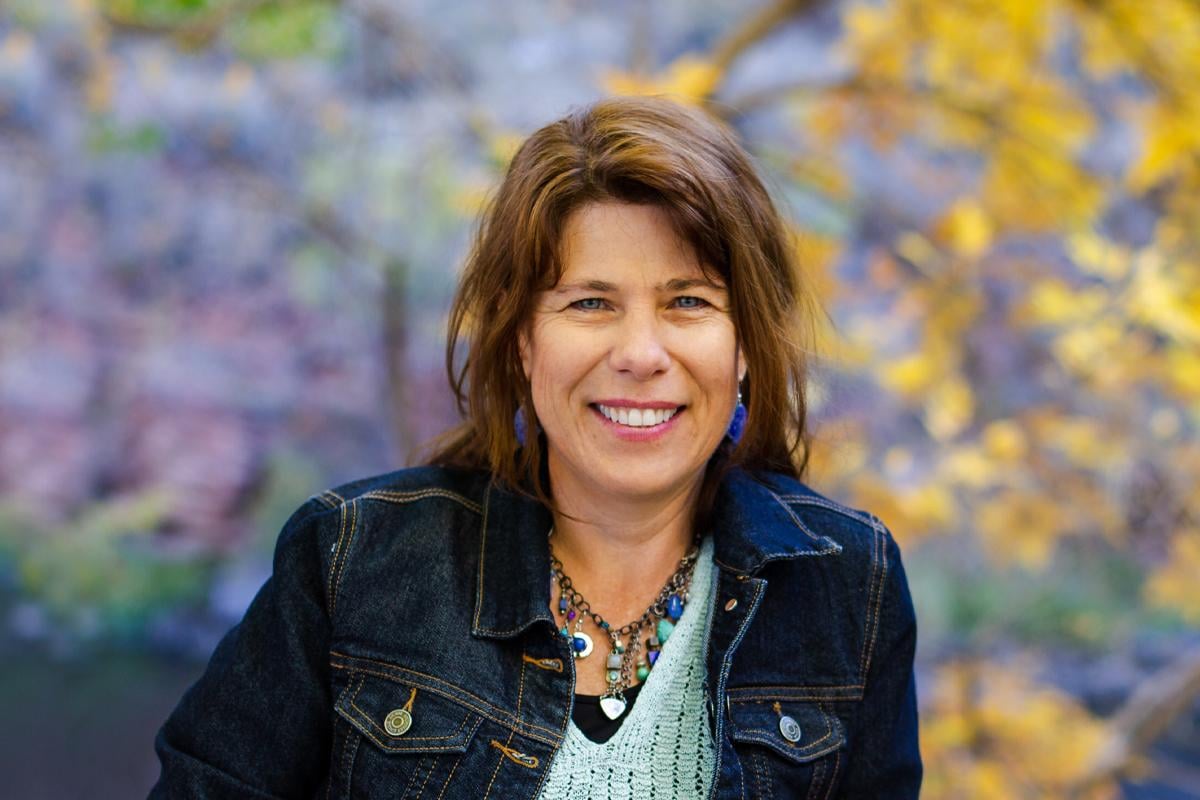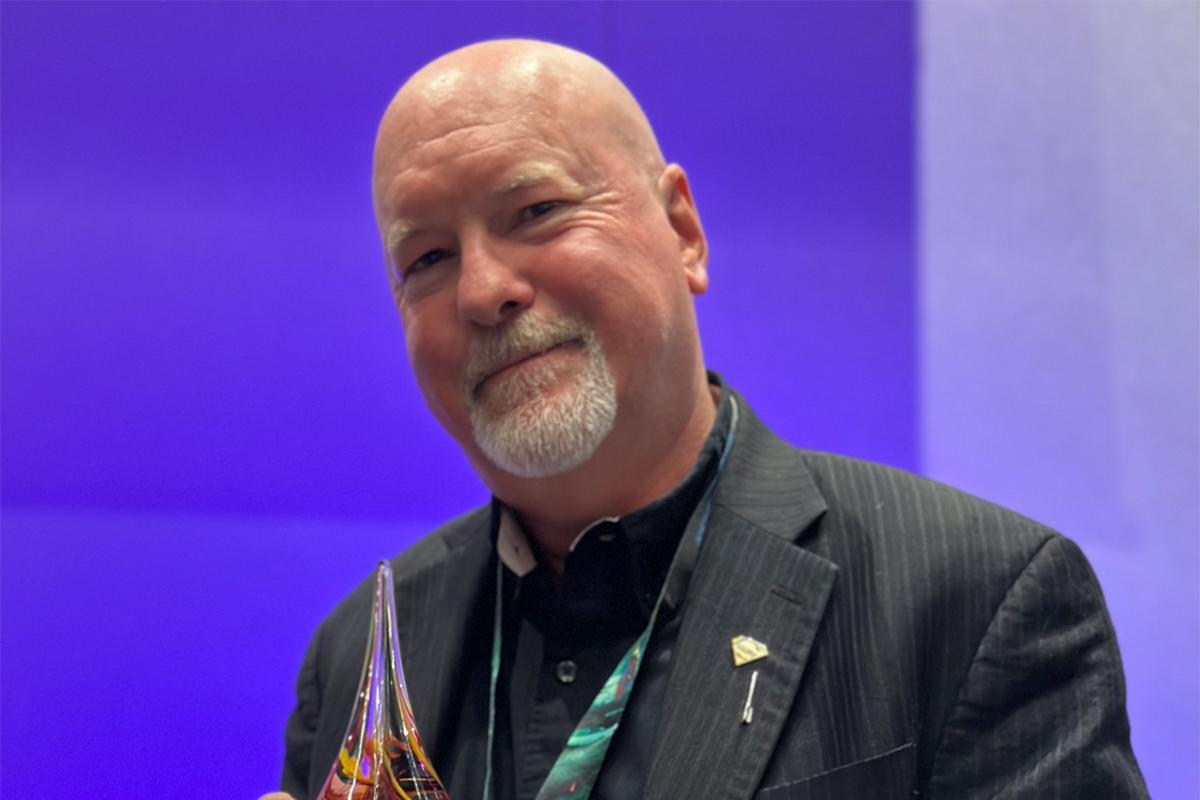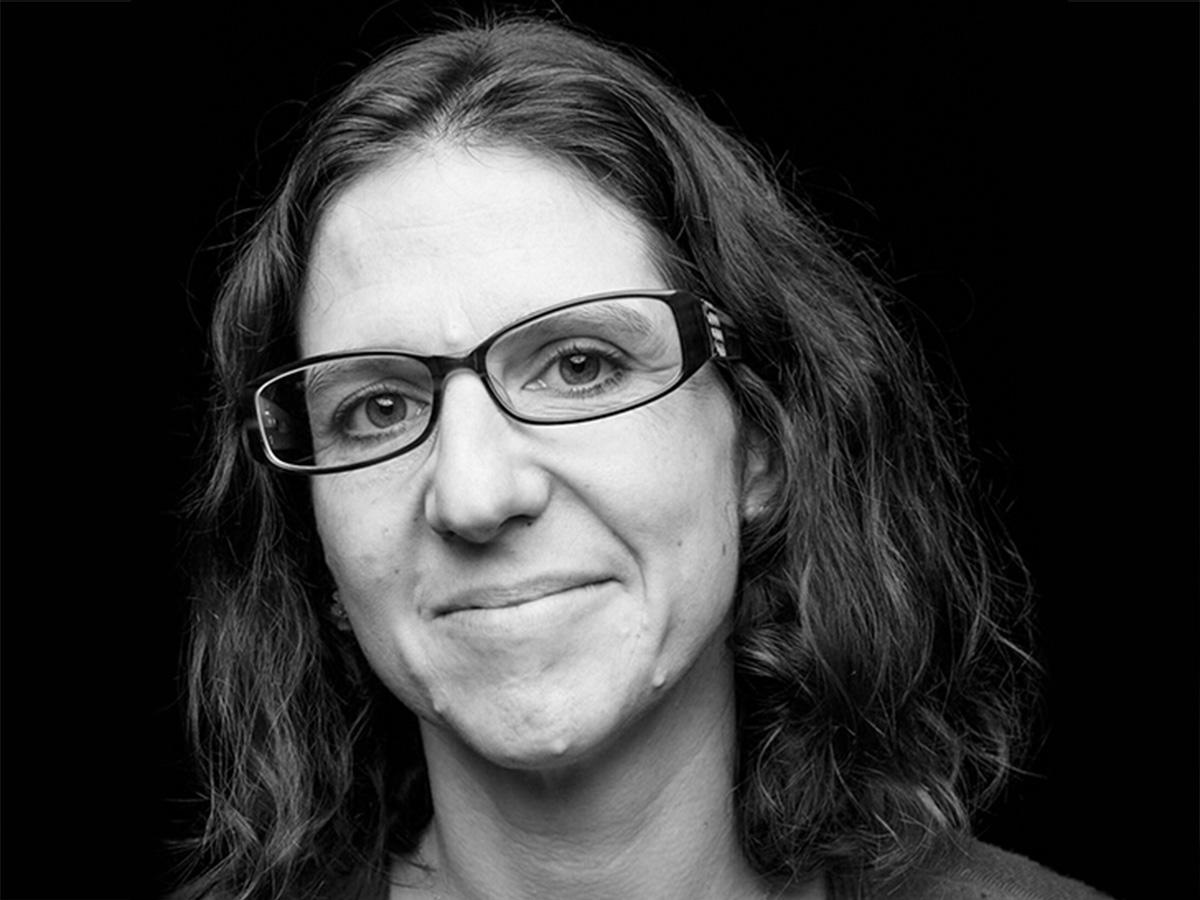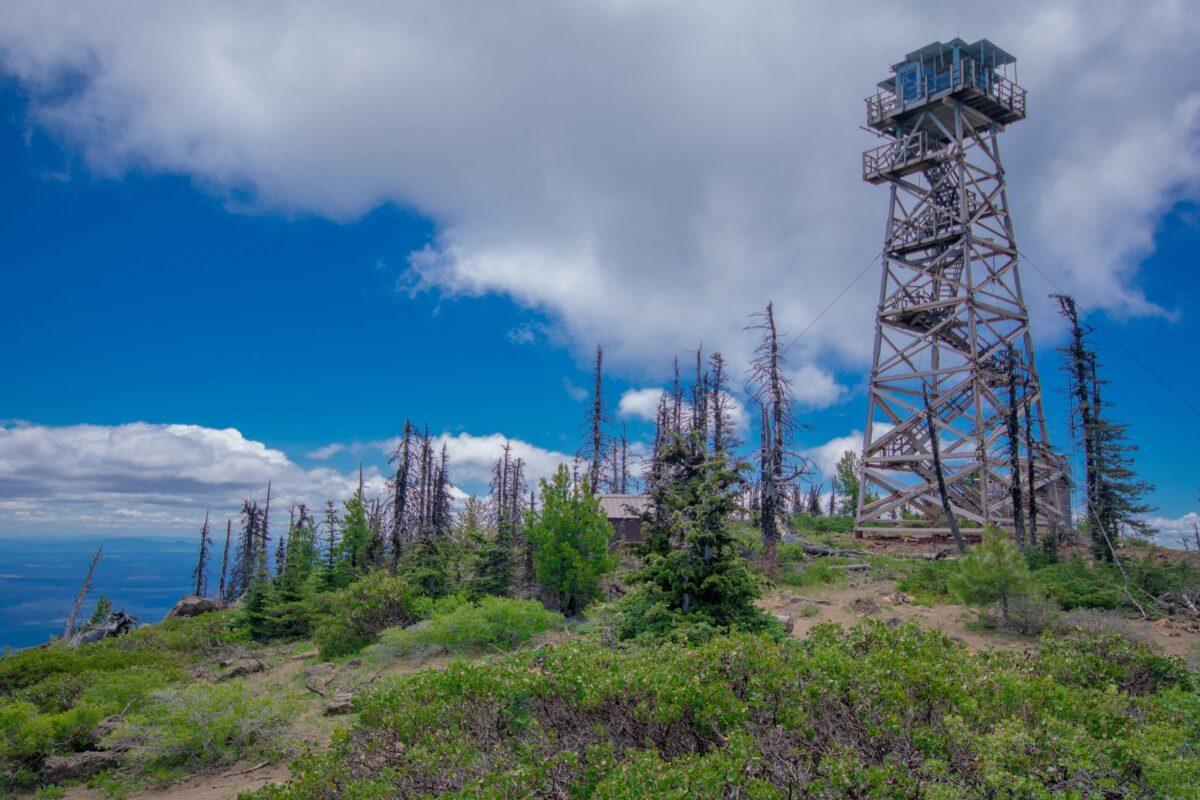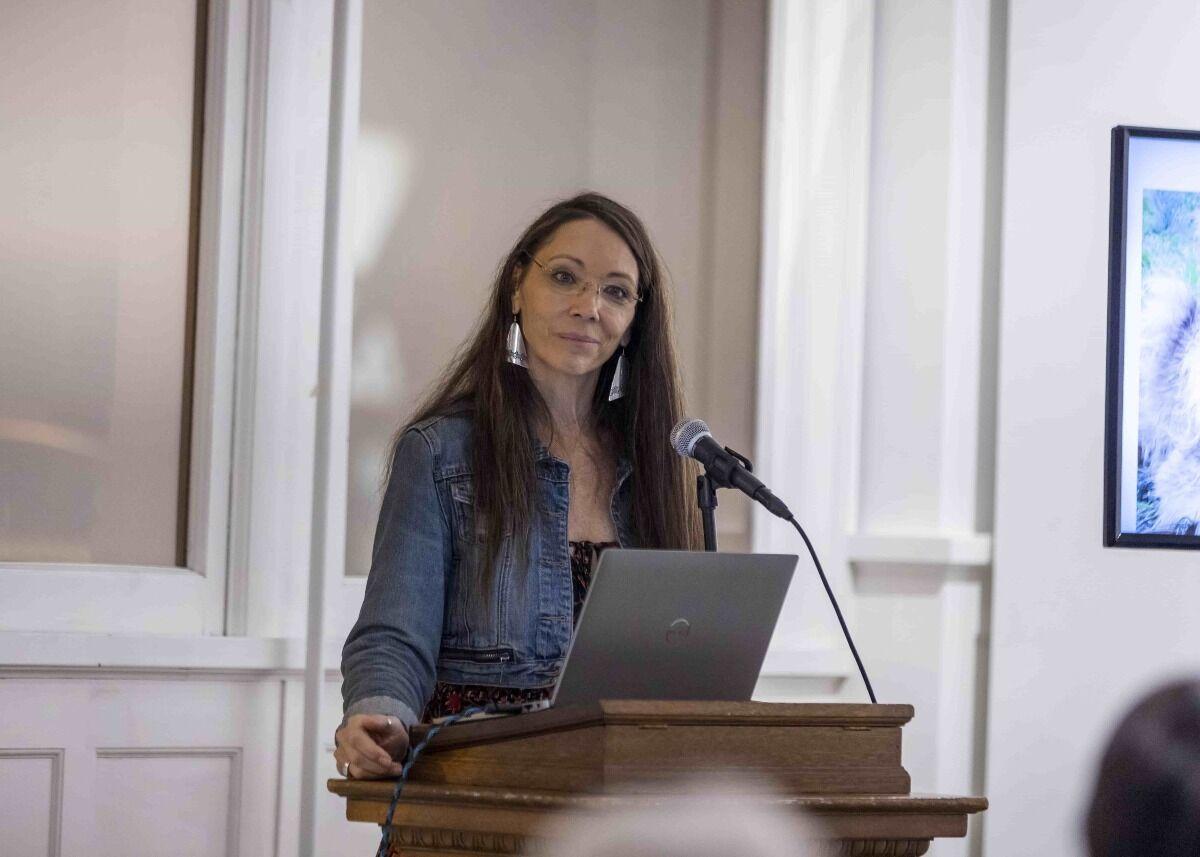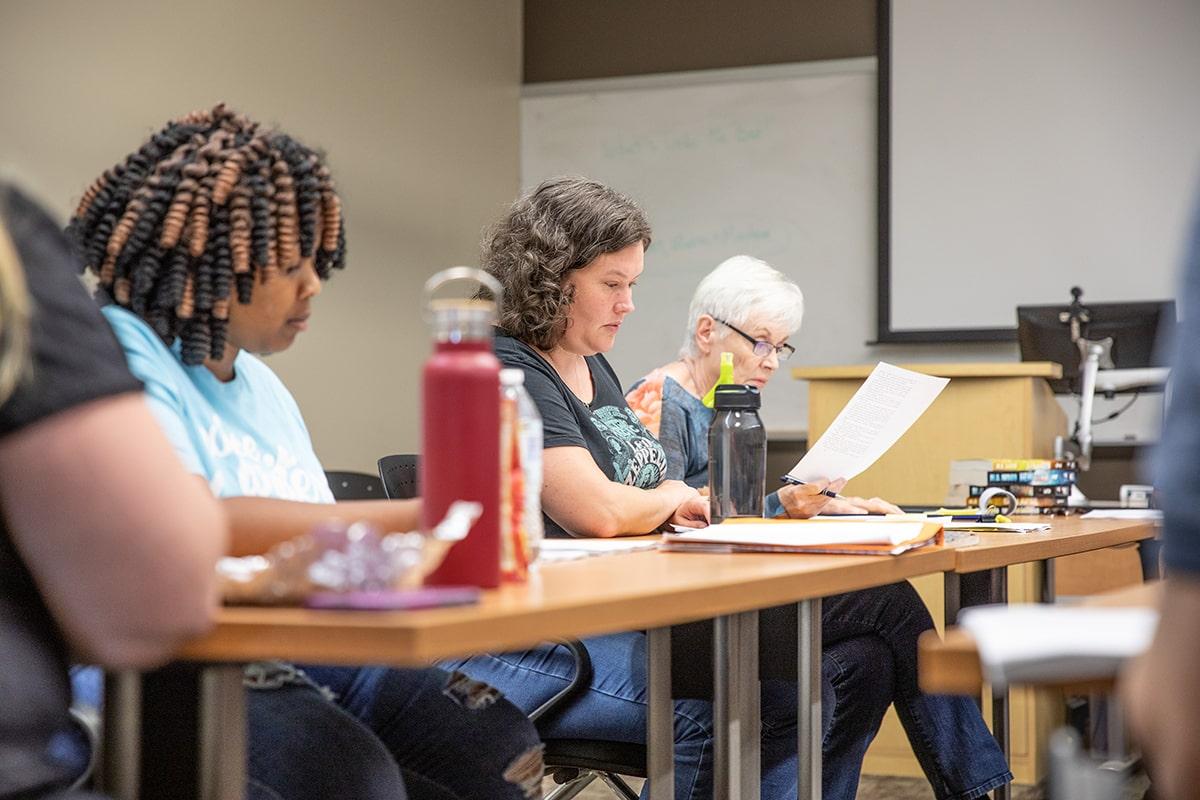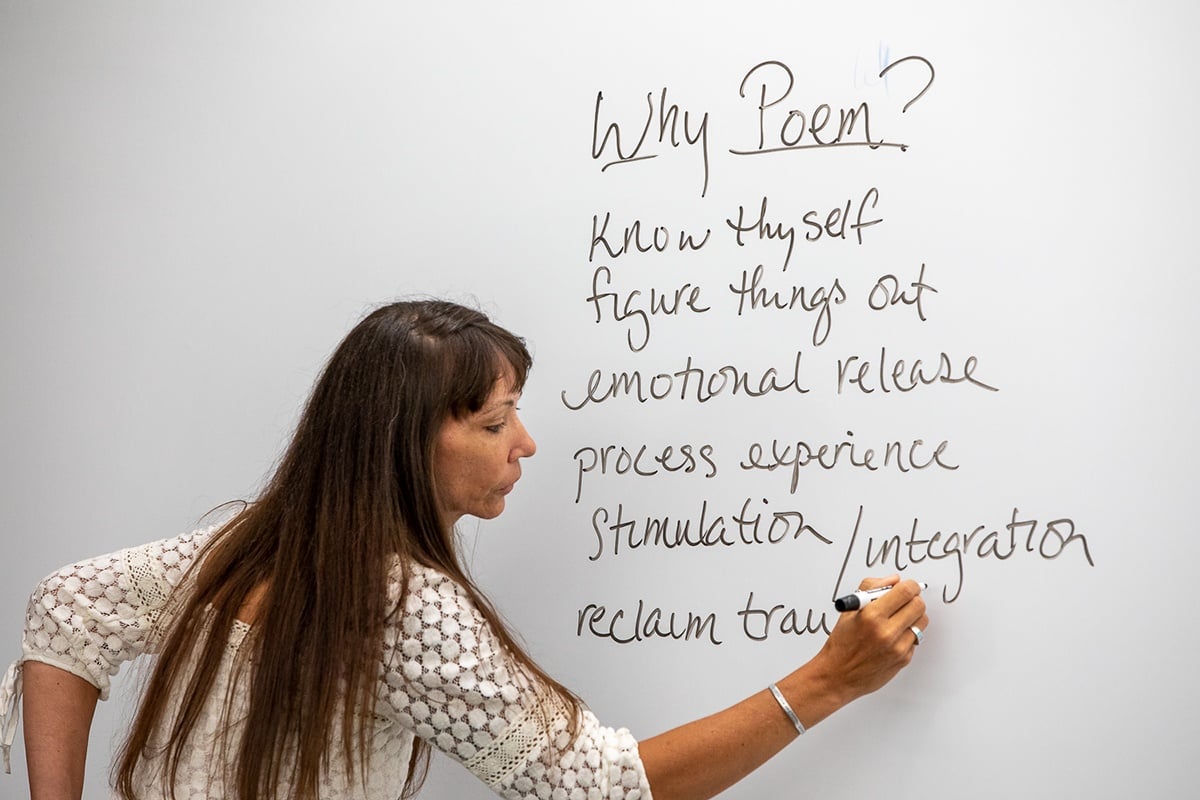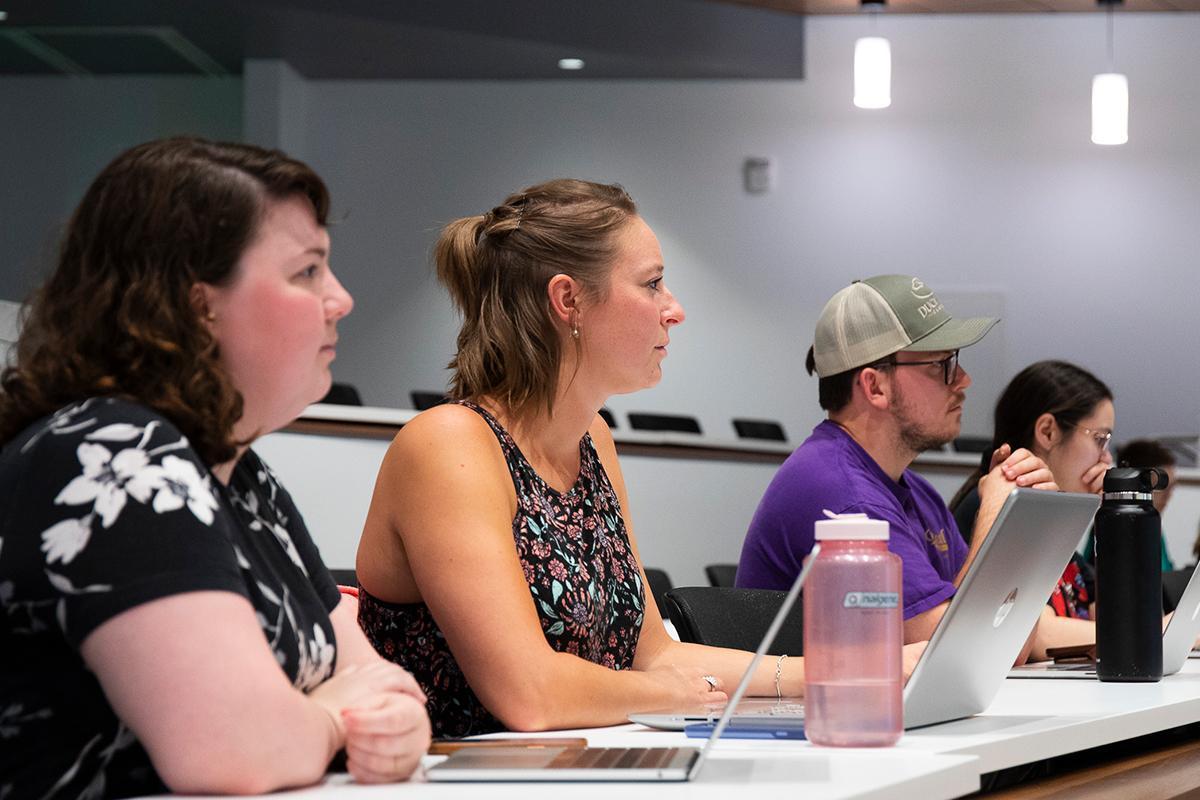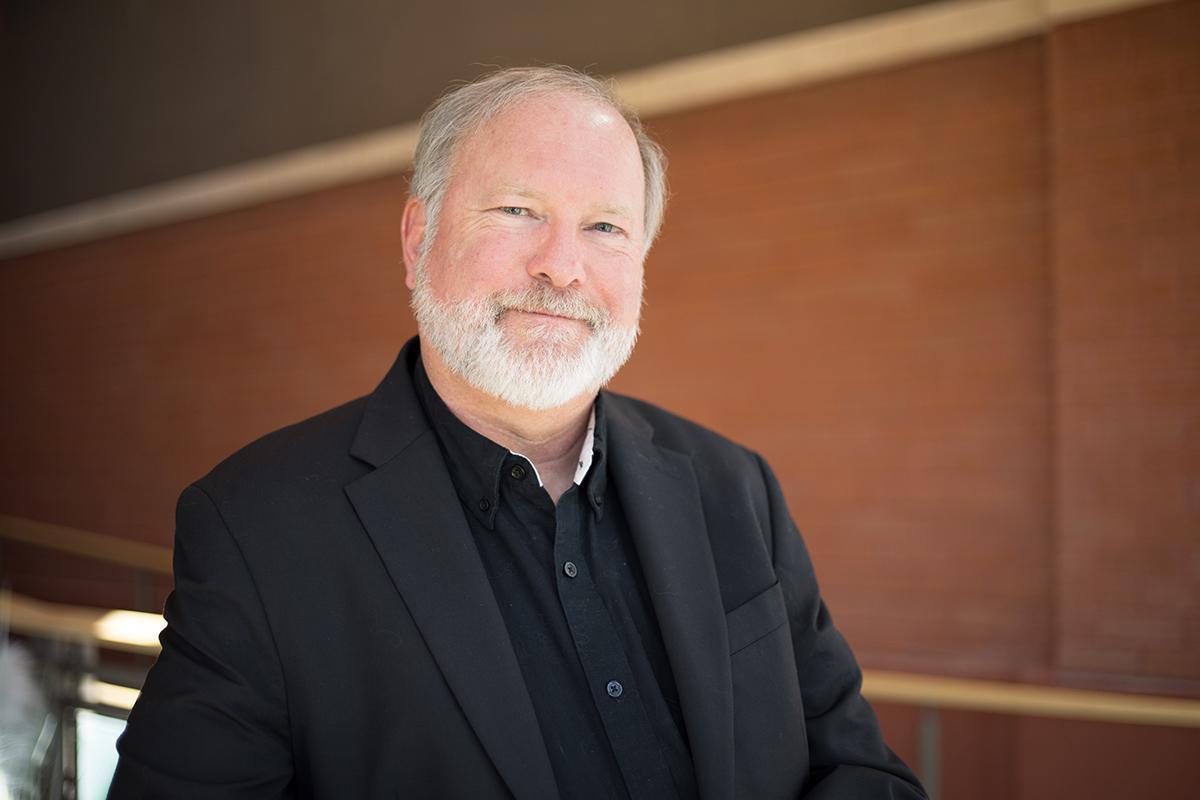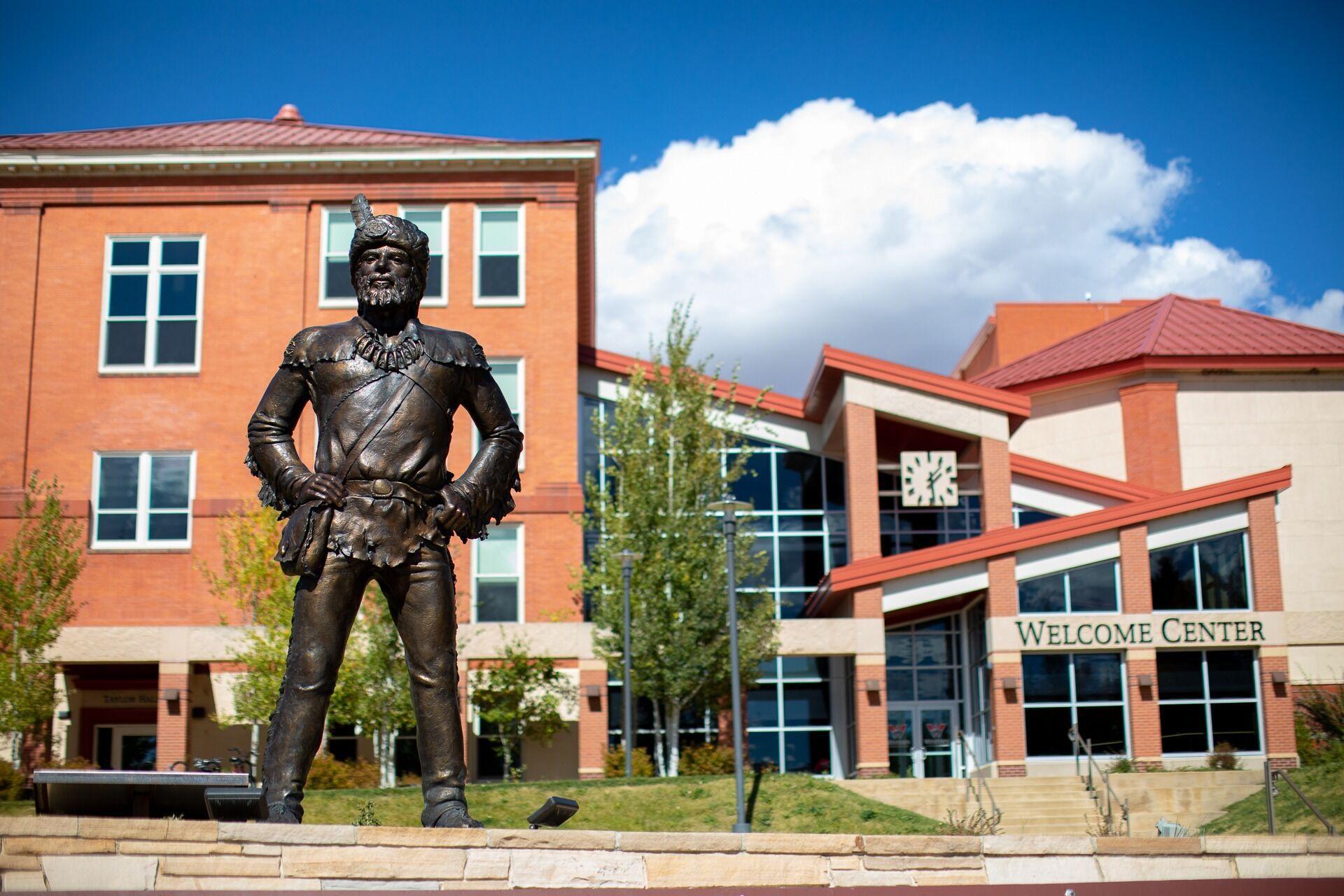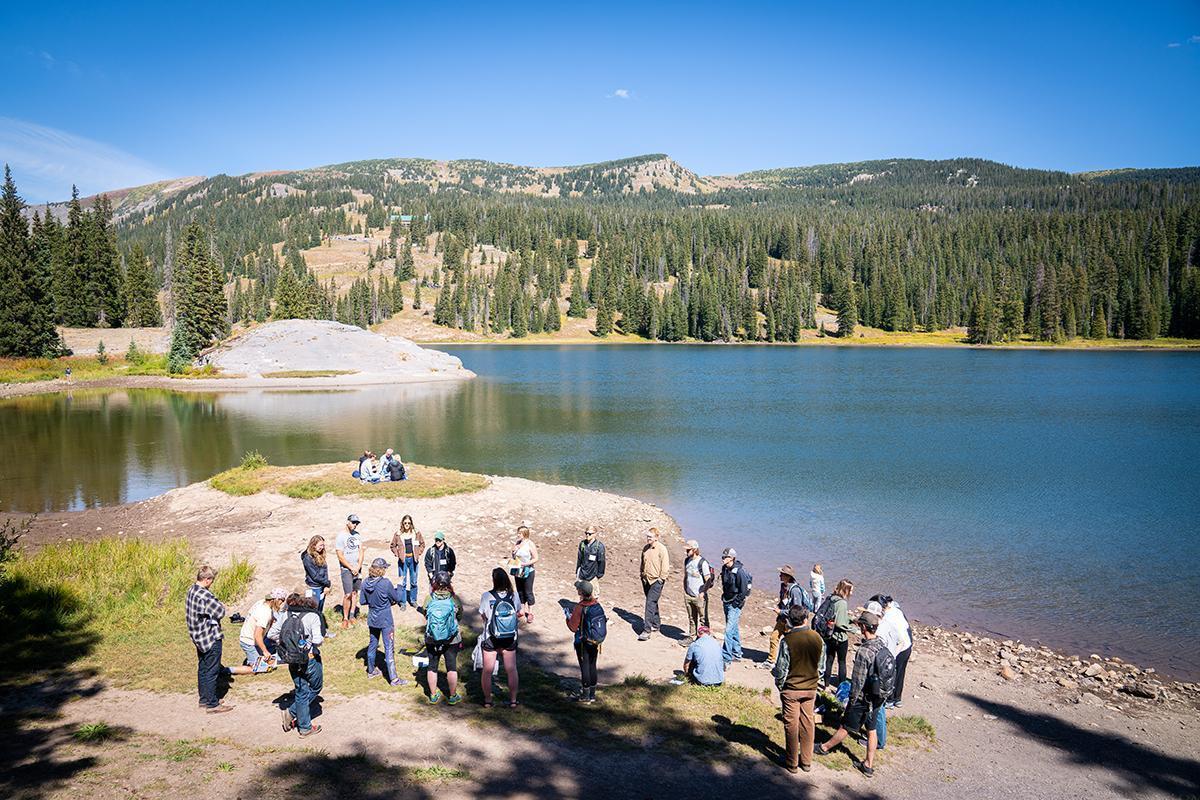Departmental representatives determine if graduate classes completed at other accredited institutions can be transferred to the respective Western graduate studies programs. Transfer credits must be listed and approved by the major advisor on the degree plan. Transferred graduate credits must be:
- Earned at a regionally-accredited institution.
- Numbered at the graduate level and accepted as part of a graduate degree program at the sending institution.
- Passed by the student with a grade of B or above (courses with grades such as pass/fail or satisfactory/unsatisfactory are not acceptable).
- Earned within the past five years unless a department specifies otherwise.
- Account for no more than nine credits towards a Western degree.
Students must provide official transcripts, and request and receive permission in writing from Western to transfer coursework.


